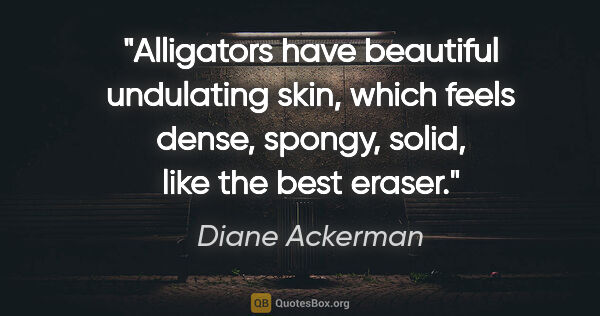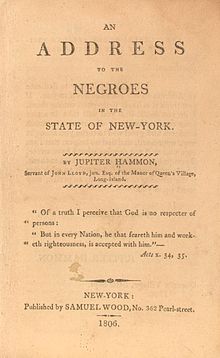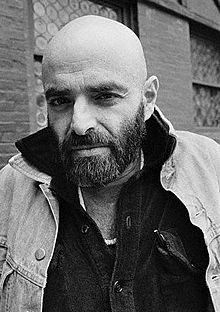Quotes
he'd know about the role of mirror neurons in the brain, special cells in the premotor cortex that fire right before a person reaches for a rock, steps forward, turns away, begins to smile. Amazingly, the same neurons fire whether we do something or watch someone else do the same thing, and both summon similar feelings. Learning form our own mishaps isn't as safe as learning from someone else's, which helps us decipher the world of intentions, making our social whirl possible. The brain...
Diane Ackerman
So much in a relationship changes when a partner is seriously ill, helpless yet blameless, and indefatigably needy. I felt old. [p. 99] The animal part of him in pain accepted my caring. But the part of himself watching himself in that pain didn't believe I could ever respect him again. None of this crossed my mind. I couldn't risk knowing it. No one could and continue caregiving. They'd feel so unappreciated and wronged that it would drive them away. [p. 100]
Diane Ackerman

In the rain forest, no niche lies unused. No emptiness goes unfilled. No gasp of sunlight goes untrapped. In a million vest pockets, a million life-forms quietly tick. No other place on earth feels so lush. Sometimes we picture it as an echo of the original Garden of Eden—a realm ancient, serene, and fertile, where pythons slither and jaguars lope. But it is mainly a world of cunning and savage trees. Truant plants will not survive. The meek inherit nothing. Light is a thick yellow vitamin...
Diane Ackerman
We tend to think of memories as monuments we once forged and may find intact beneath the weedy growth of years. But, in a real sense, memories are tied to and describe the present. Formed in an idiosyncratic way when they happened, they're also true to the moment of recall, including how you feel, all you've experienced, and new values, passions, and vulnerability. One never steps into the same stream of consciousness twice.
Diane Ackerman
I understood the therapists were trying to rebuild Paul's vocabulary, beginning wit the rudiments, but Paul found it taxing, boring, and disturbingly condescending. His loss of language didn't mean he was any less a grown-up with adult feelings, experiences, worries, and problems. [p. 144]
Diane Ackerman
Popular Author
Related Authors
-
 Amiri Baraka Poet
Amiri Baraka Poet -
CA
Carol Ann Duffy Poet
-
 Ezra Pound Poet
Ezra Pound Poet -
JC
John Cleveland Poet
-
 Jupiter Hammon Poet
Jupiter Hammon Poet -
 Paul Engle Poet
Paul Engle Poet -
RB
Robert Bly Poet
-
RD
Ruben Dario Poet
-
 Shel Silverstein Poet
Shel Silverstein Poet -
WS
William Stafford Poet